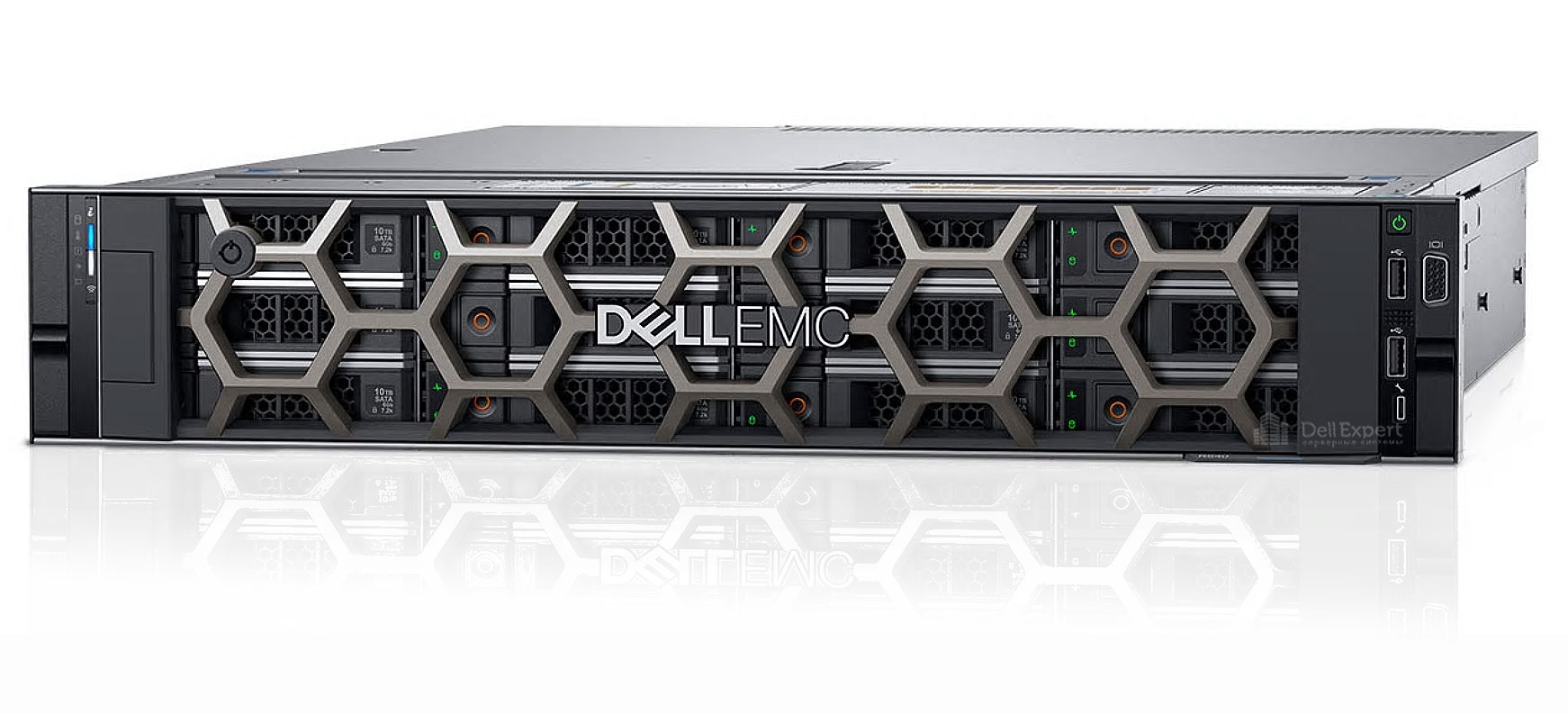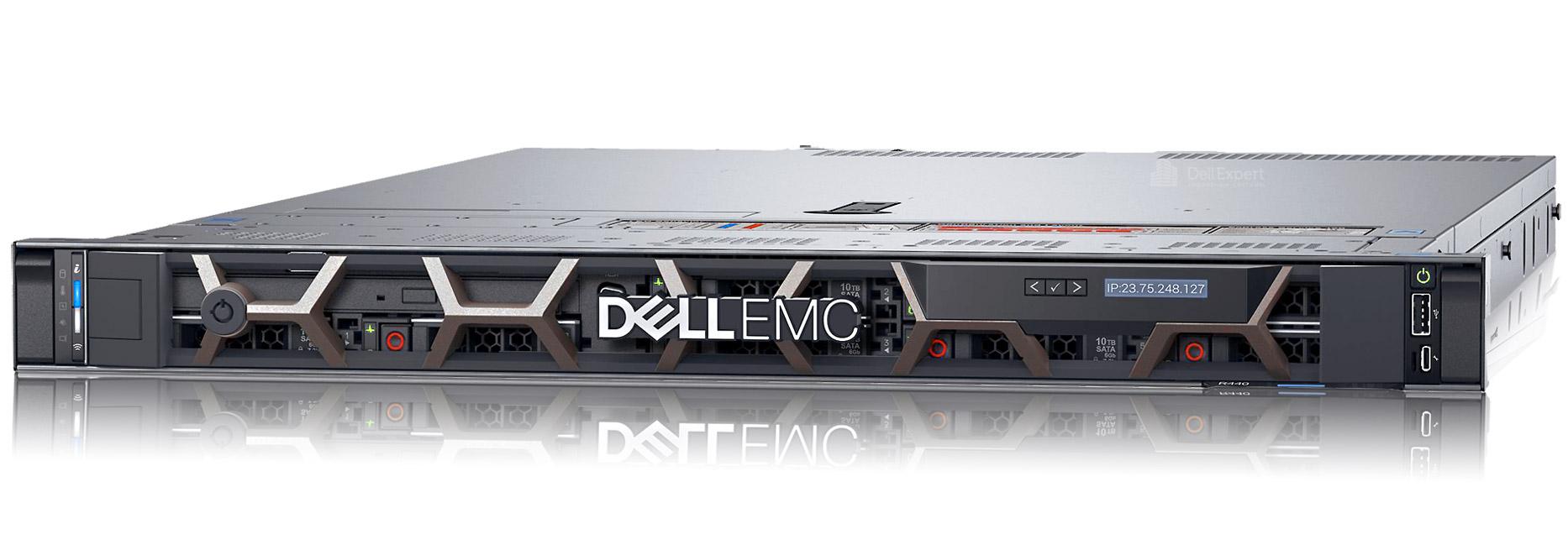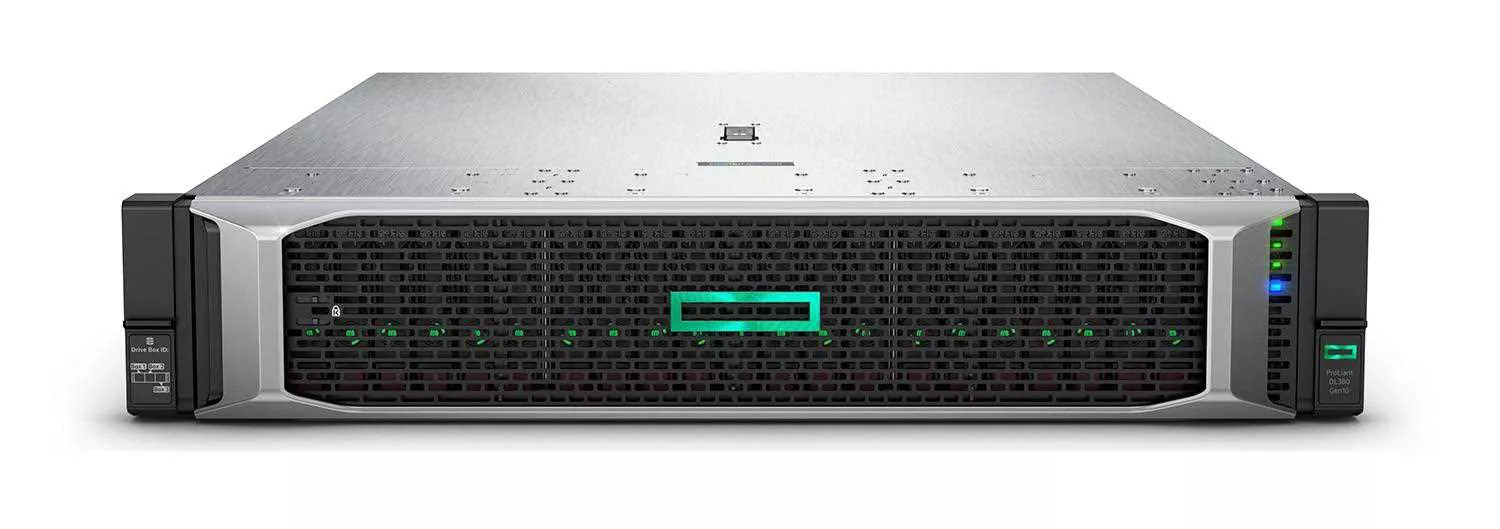Best Server For pfSense
Content:
In the realm of network security, few tools are as indispensable as pfSense. Whether safeguarding a home network or fortifying the defenses of a multinational corporation, pfSense stands as a stalwart guardian against cyber threats. At its core, pfSense is an open-source firewall and router platform renowned for its robustness, versatility, and extensive feature set.
However, the efficacy of pfSense is not solely determined by its software; hardware plays a pivotal role in its performance. Selecting the right server to host pfSense is a decision that warrants careful consideration, as it directly impacts the stability, throughput, and overall security posture of the network.
In this guide, we embark on a journey to unravel the intricacies of finding the perfect server for pfSense deployment. From understanding the fundamental requirements of pfSense to exploring various server options and conducting performance testing, we leave no stone unturned in our quest for optimal network security infrastructure.
Types of Servers Suitable for pfSense

When it comes to deploying pfSense, network administrators have several options at their disposal, each with its own set of advantages and considerations. Whether opting for a custom-built server tailored to specific requirements or leveraging pre-built appliances for convenience, selecting the right type of server is crucial for ensuring optimal performance and reliability.
Custom-built Servers:-
Advantages: Building a custom server allows for fine-tuning of hardware components to match the exact specifications and performance requirements of the pfSense deployment. It offers flexibility in choosing components such as CPU, RAM, storage, and NICs, enabling administrators to optimize performance while staying within budget constraints.
-
Considerations: Custom-built servers require more upfront effort in terms of component selection, assembly, and configuration. Additionally, administrators assume responsibility for hardware compatibility and troubleshooting, which may necessitate technical expertise.
-
Advantages: Pre-built servers, including rackmount and desktop appliances, offer plug-and-play convenience, making them an attractive option for organizations seeking streamlined deployment and ease of maintenance. These appliances typically come pre-configured with optimized hardware specifications for pfSense, simplifying the setup process and reducing deployment time.
-
Considerations: While pre-built servers offer convenience, they may come with a premium price tag compared to custom-built solutions. Moreover, their hardware configurations may not be as customizable, limiting flexibility for specific use cases or performance optimizations. Additionally, administrators should verify compatibility with pfSense and ensure adequate support and warranty coverage.
Virtualized Environments:
-
Advantages: Virtualization allows pfSense to be deployed as a virtual machine (VM) on existing server infrastructure, leveraging the benefits of resource pooling, scalability, and hardware abstraction. It enables efficient utilization of hardware resources and facilitates rapid provisioning and migration of pfSense instances.
-
Considerations: While virtualization offers flexibility and cost savings by consolidating hardware resources, it also introduces additional complexity and potential performance overhead. Administrators must ensure that the underlying hypervisor platform is compatible with pfSense and capable of providing adequate network performance and isolation.
By carefully evaluating the pros and cons of each server type in the context of their specific requirements, administrators can make an informed decision that aligns with their deployment objectives, budget constraints, and technical expertise. In the subsequent sections, we delve deeper into the nuances of custom-built and pre-built servers, providing guidance on selecting the optimal solution for hosting pfSense.
Key Considerations for Server Selection
When it comes to selecting the ideal custom-built server for hosting pfSense, several key considerations come into play, each exerting a significant influence on the overall performance and stability of the network infrastructure.
-
Processor (CPU): The choice of CPU is paramount, as it determines the server's computational capabilities. For pfSense deployments, CPUs with multiple cores and high clock speeds are preferable, as they excel in handling the packet processing and routing tasks inherent to firewall operation. Intel Core i5 or i7 processors and their AMD Ryzen counterparts are popular choices for pfSense servers, offering a balance of performance and cost-effectiveness.
-
Memory (RAM): Sufficient RAM is essential for ensuring smooth operation and accommodating the caching and connection tracking requirements of pfSense. While the minimum recommended RAM for pfSense is 2 GB, larger installations and those with higher traffic volumes may benefit from 4 GB or more. Additionally, opting for ECC (Error-Correcting Code) RAM can enhance system stability and reliability, particularly in mission-critical environments.
-
Storage: Although pfSense itself has minimal storage requirements, the choice between traditional hard disk drives (HDDs) and solid-state drives (SSDs) can significantly impact performance. SSDs offer faster read/write speeds and lower latency, resulting in quicker boot times and improved responsiveness. Moreover, SSDs are more resilient to mechanical failures, making them an ideal choice for pfSense installations where reliability is paramount.
-
Network Interface Cards (NICs): The selection of NICs is crucial for ensuring optimal network connectivity and throughput. PfSense supports a wide range of NICs from various manufacturers, including Intel, Broadcom, and Realtek. When choosing NICs for pfSense, prioritize compatibility, reliability, and performance over cost. Additionally, consider the number of ports required to accommodate your network topology and future expansion needs.
By carefully evaluating these key considerations and aligning them with your specific requirements and budget constraints, you can effectively navigate the myriad options available and select the perfect server for hosting pfSense. In the subsequent sections, we delve deeper into the various types of servers suitable for pfSense deployments, ranging from custom-built solutions to pre-configured appliances, and explore the nuances of each approach to aid you in making an informed decision.
3 Best DELL Servers for pfSense
These Dell PowerEdge servers offer varying levels of performance, scalability, and storage options, allowing you to choose the one that best fits your requirements and budget for running pfSense.
Dell EMC PowerEdge R740xd

The Dell EMC PowerEdge R740xd is a high-density and storage-rich rack server designed for demanding virtualization, data analytics, and storage applications. It offers exceptional performance, scalability, and flexibility for enterprise workloads.
Specs:
-
CPU: Dual Intel Xeon Scalable processors (up to 28 cores each)
-
RAM: Up to 3TB DDR4 ECC RDIMM or LRDIMM
-
NICs: Onboard quad-port 1GbE or dual-port 10GbE (additional NICs can be added via PCIe slots)
-
Storage: Supports up to 24 x 2.5" hot-plug SATA/SAS/NVMe drives or 12 x 3.5" hot-plug SATA/SAS drives
-
Form Factor: 2U rackmount
-
Redundancy: Dual hot-plug power supplies (redundant PSU standard)
-
Expansion: Multiple PCIe Gen3 slots for additional NICs or other expansion cards
Dell PowerEdge R640

The Dell PowerEdge R640 is a versatile and high-performance rack server suitable for medium to large enterprises or data center environments. It offers powerful compute capabilities and extensive storage options in a compact design.
Specs:
-
CPU: Dual Intel Xeon Scalable processors (up to 28 cores each)
-
RAM: Up to 3TB DDR4 ECC RDIMM or LRDIMM
-
NICs: Onboard quad-port 1GbE or dual-port 10GbE (additional NICs can be added via PCIe slots)
-
Storage: Supports up to 10 x 2.5" or 8 x 2.5" hot-plug SATA/SAS/NVMe drives
-
Form Factor: 1U/2U rackmount
-
Redundancy: Dual hot-plug power supplies (redundant PSU standard)
-
Expansion: Multiple PCIe Gen3 slots for additional NICs or other expansion cards
Dell PowerEdge R240
The Dell PowerEdge R240 is a compact and affordable rack server, ideal for small to medium-sized businesses or home office environments. It offers reliable performance and scalability in a space-saving form factor.
Specs:
-
CPU: Intel Xeon E-2100 series processors (up to 6 cores)
-
RAM: Up to 64GB DDR4 ECC UDIMM
-
NICs: Onboard dual-port Gigabit Ethernet (additional NICs can be added via PCIe slots)
-
Storage: Supports up to 4 x 3.5" or 8 x 2.5" hot-plug SATA/SAS drives
-
Form Factor: 1U rackmount
-
Redundancy: Single power supply (redundant PSU optional)
-
Expansion: PCIe Gen3 slots for additional NICs or other expansion cards
3 Best HPE Servers for pfSense
These HPE ProLiant servers offer a range of performance, scalability, and storage options to meet the needs of various deployments when running pfSense.
HPE ProLiant DL20 Gen10
The HPE ProLiant DL20 Gen10 is a compact and versatile rack server suitable for small to medium-sized businesses or remote office environments. It offers reliability, performance, and flexibility in a space-saving design.
Specs:
-
CPU: Intel Xeon E-2100 series processors (up to 6 cores)
-
RAM: Up to 64GB DDR4 ECC UDIMM
-
NICs: Onboard dual-port Gigabit Ethernet (additional NICs can be added via PCIe slots)
-
Storage: Supports up to 4 x 3.5" or 8 x 2.5" hot-plug SATA/SAS drives
-
Form Factor: 1U rackmount
-
Redundancy: Single power supply (redundant PSU optional)
-
Expansion: PCIe Gen3 slots for additional NICs or other expansion cards
HPE ProLiant DL360 Gen10

The HPE ProLiant DL360 Gen10 is a high-performance and versatile rack server suitable for enterprise data center environments. It offers exceptional compute power, scalability, and reliability in a dense 1U form factor.
Specs:
-
CPU: Dual Intel Xeon Scalable processors (up to 28 cores each)
-
RAM: Up to 3TB DDR4 ECC RDIMM or LRDIMM
-
NICs: Onboard quad-port 1GbE or dual-port 10GbE (additional NICs can be added via PCIe slots)
-
Storage: Supports up to 8 x 2.5" hot-plug SATA/SAS/NVMe drives
-
Form Factor: 1U rackmount
-
Redundancy: Dual hot-plug power supplies (redundant PSU standard)
-
Expansion: Multiple PCIe Gen3 slots for additional NICs or other expansion cards
HPE ProLiant DL380 Gen10

The HPE ProLiant DL380 Gen10 is a highly versatile and scalable rack server designed for enterprise-class workloads and virtualization environments. It offers exceptional performance, reliability, and security features in a flexible 2U form factor.
Specs:
-
CPU: Dual Intel Xeon Scalable processors (up to 28 cores each)
-
RAM: Up to 3TB DDR4 ECC RDIMM or LRDIMM
-
NICs: Onboard quad-port 1GbE or dual-port 10GbE (additional NICs can be added via PCIe slots)
-
Storage: Supports up to 30 x 2.5" or 20 x 3.5" hot-plug SATA/SAS/NVMe drives
-
Form Factor: 2U rackmount
-
Redundancy: Dual hot-plug power supplies (redundant PSU standard)
-
Expansion: Multiple PCIe Gen3 slots for additional NICs or other expansion cards
Conclusion
In the realm of network security, the selection of the right server for hosting pfSense is a decision of paramount importance, one that can profoundly impact the performance, stability, and security posture of the entire network infrastructure. Throughout this comprehensive guide, we have explored the myriad considerations and options available to administrators seeking to deploy pfSense effectively.
In closing, we extend our best wishes to administrators embarking on their pfSense deployment journey. May your networks remain secure, your servers steadfast, and your vigilance unwavering in the face of adversity.